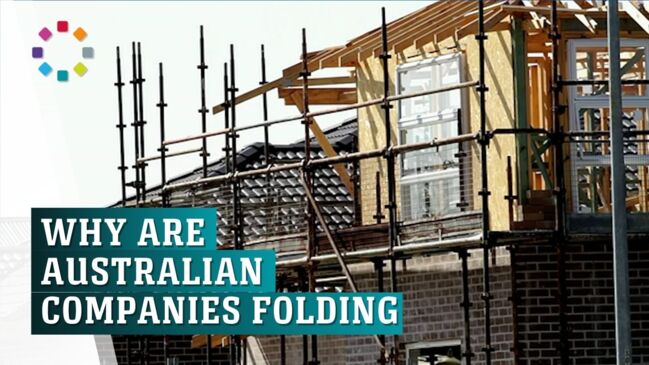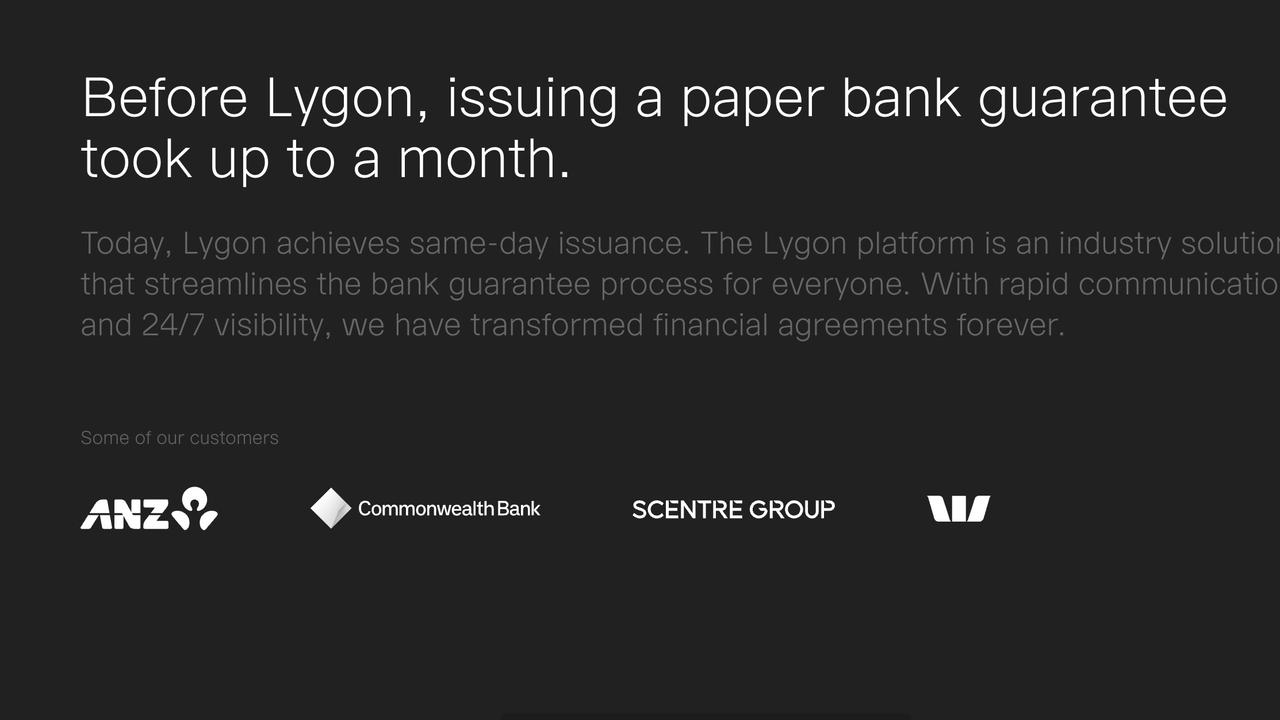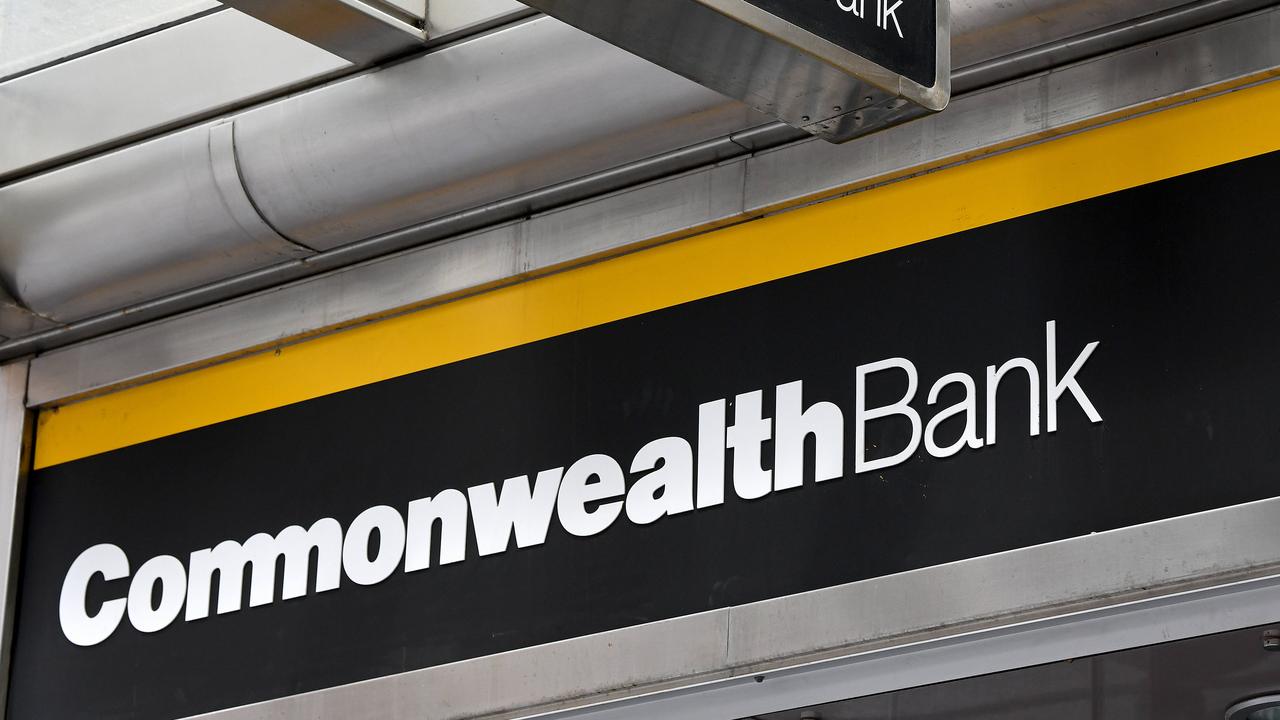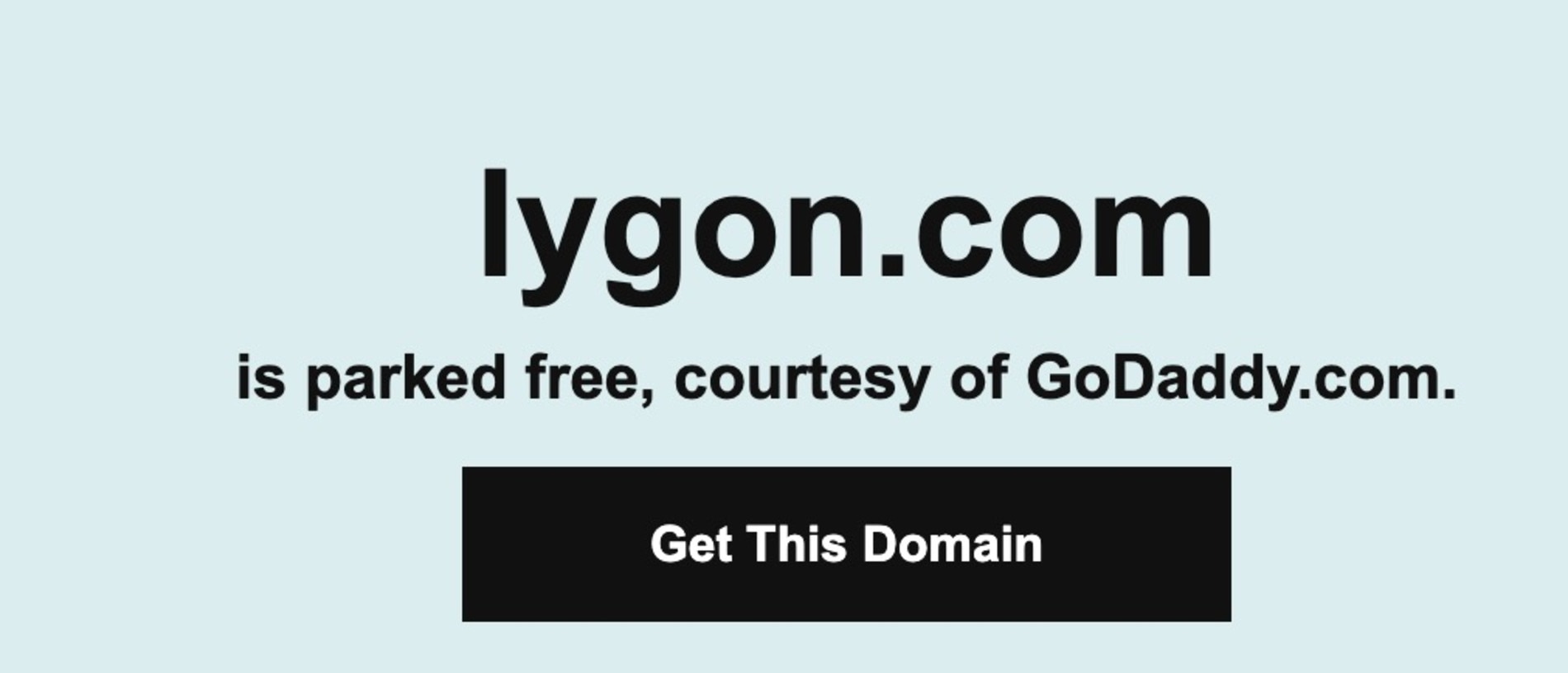Blockchain start-up backed by major banks collapses into liquidation owing $14 million
An Australian blockchain start-up lauded as the future of banking and with key backers from some of the country’s biggest financial institutions has collapsed.

EXCLUSIVE
An Australian blockchain start-up lauded as the future of banking and backed by some of the country’s biggest financial institutions has collapsed.
News.com.au can reveal that Lygon went into liquidation with debts of $14.3 million last year, according to a statutory report lodged with the corporate regulator at the end of 2023.
Lygon, headquartered in Sydney but with subsidiaries in New Zealand and Singapore, had the banking community fawning over it when launched five years ago.
ANZ, CBA, Westpac, IBM and Scentre Group created the company as a joint venture to digitise bank guarantees using blockchain technology.
Bank guarantees are where banks vouch that a business can pay back a debt. Lygon was aiming to make the process less onerous, saving money and time by removing the need for these guarantees to be couriered on paper documents.
The blockchain business was the subject of numerous articles in The Australian Financial Review and several trade press publications, including to report that it had raised $12.75 million in a crowd-funding campaign.
But just over a year later, in June 2023, the fintech appointed administrators then went into liquidation a few months after that.
A staff member who invested money into Lygon and who also convinced their family to invest is lamenting the sorry saga.
“Staff are owed a lot of money. It is a sad state of affairs,” Russell* told news.com.au on the condition of anonymity.


Lygon valued its own intellectual property at $5.1 million.
In October, its IP was sold to “a consortium comprising of an investment fund and former senior executives of the company,” according to the appointed liquidator, Trent Hancock of insolvency Hamilton Murphy.
The firm’s technology ended up being sold for one tenth of its initial valuation, at just $500,000, back to some on Lygon’s previous leadership team.
As well as purchasing the technology platform, Lygon’s other assets were also acquired, such as its registered trade marks, domain names, social media accounts, general office equipment and supplier contracts.
At time of writing, Lygon’s previous domain, lygon.com, had not been claimed.
Part of the sale required Lygon to change its business name to its Australian Business Number.
Russell said the sale “completely diluted all of us” who had invested.
“Now the same leadership team have purchased it back for a fraction of the cost. I’m surprised it is even lawful.”
Members of Russell’s family invested close to $500,000 into Lygon but that is just “a drop in the ocean” compared to the losses other shareholders have incurred, he said.
“Lygon did a friends and family capital raising, taking close to $5 million from staff and their friends and family, all of which has also been lost,” Russell claimed.
News.com.au contacted the liquidator, Mr Hancock, for comment.
Do you know more or have a similar story? Get in touch | alex.turner-cohen@news.com.au


According to Mr Hancock’s report to ASIC, Lygon owes employees $720,000 from unpaid entitlements.
That’s not including superannuation staff are owed, with the liquidator not yet knowing the exact amount. The tax office has not yet lodged an exact figure relating to claiming employees’ superannuation contribution guarantee.
Eighteen staff members have applied to a government rescue scheme to be reimbursed for their final wages.
In the 2019-20 financial year, Lygon’s first year of operation, it incurred a net loss of $1 million.
The following year the loss dropped a bit to $641,000.
However, in the most recent full reporting period, it racked up $7.3m in losses and by the time it stopped trading, its losses for the financial year to date had exceed $8 million.
The liquidator said several reasons were to blame for Lygon’s failure — disputes with shareholders, lack of sustainable working capital, lack of recurring revenue and inability to engage new customers.
Mr Hancock pointed out in his filing: “I note the customers of the company were often also investors and shareholders in the company”.
A single creditor believes they are owed $13.9 million due to a contract they signed with Lygon for future services rendered. The liquidator wrote he has not yet determined if this amount is correct and payable.
alex.turner-cohen@news.com.au




